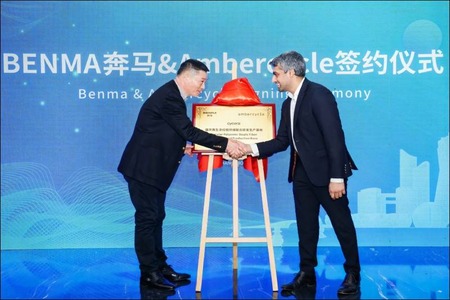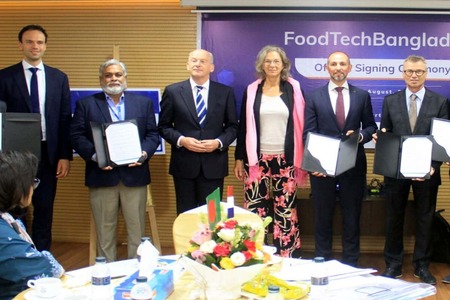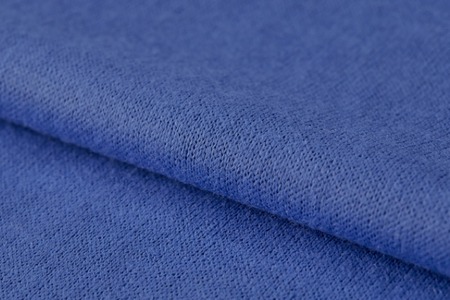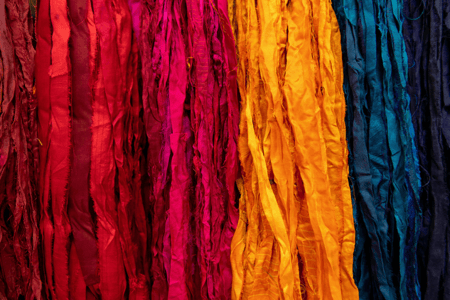
Jute millers urge low cost funds to set up new factories, diversify products
YarnsandFibers News Bureau 2017-03-15 15:00:00 – DhakaBangladesh jute millers to establish new factories and diversify products to cater to both the local and export markets want the government to guarantee low cost finance. They also said that formation of such fund in the local currency would be instrumental to the sector’s growth.
The jute millers' appeal comes at a time when the government is enforcing a rule to pack a number of commodities, including rice, wheat and maize, in jute sacks to promote the use of environmentally friendly products and increase the domestic use of jute.
The government is also taking steps to modernize and diversify jute products to restore the past glory of jute, once the biggest export earner. It also observed March 6 as Jute Day for the first time this year in order to highlight the significance of jute in the Bangladesh economy.
The textile and jute ministry also organized a fair in Dhaka on March 9-13 to showcase diversified jute goods, made from nearly 80 lakh bales of raw jute produced here annually.
About 4 crore people are directly and indirectly involved in the sector that ensures 100 percent value addition against exports, according to the ministry.
The Bangladesh Jute Mills Association, trade body with 160 members, demanded formation of a Tk 10,000 crore fund, similar to the Export Development Fund (EDF) under Bangladesh Bank.
The association said that entrepreneurs have to borrow from banks at an interest rate of 14 to 15 percent to buy raw jute during the harvest season and maintain stocks, to continue production and export. The jute mills would have been profitable if the entrepreneurs got low cost loans.
The government formed EDF in 1989 to provide low cost finance and enable export oriented sectors to buy raw materials from abroad to make exportable items. The size of the EDF, a revolving fund, is about $2.5 billion, according to a senior official of the central bank.
State Minister for Textiles and Jute Mirza Azam said that they are taking an initiative. Such a fund will further facilitate advancement of the jute sector. They will also be discussing the matter with Bangladesh Bank next week.
The industry lobby group wants the government to form a special fund so that millers can get competitive loans to modernize their factories and replace their four to five decades-old machinery.
According to Bangladesh Jute Spinners Association, exports earnings from jute and jute goods has increase 15 percent to $646 million in July-February of fiscal 2016-17 year on year. The local mills produce 9.17 lakh tonnes of jute goods and export 8.15 lakh tonnes a year. The rest is used for internal consumption.
Market Intelligence
Ask for free sample Report

experience
Customer Base
dedicated team
Countries Served Worldwide









